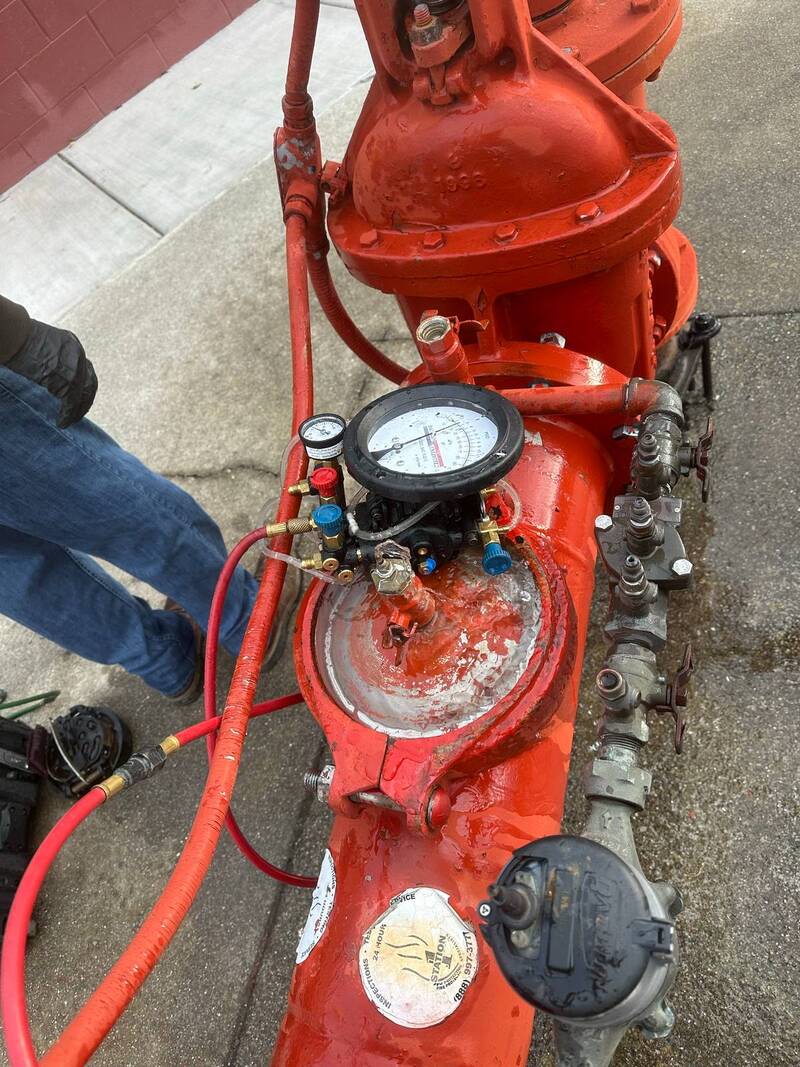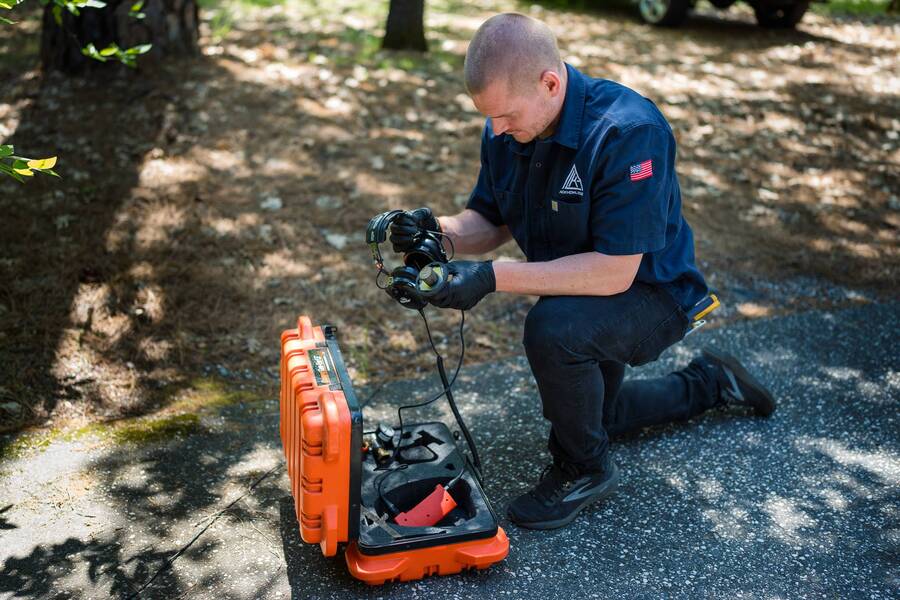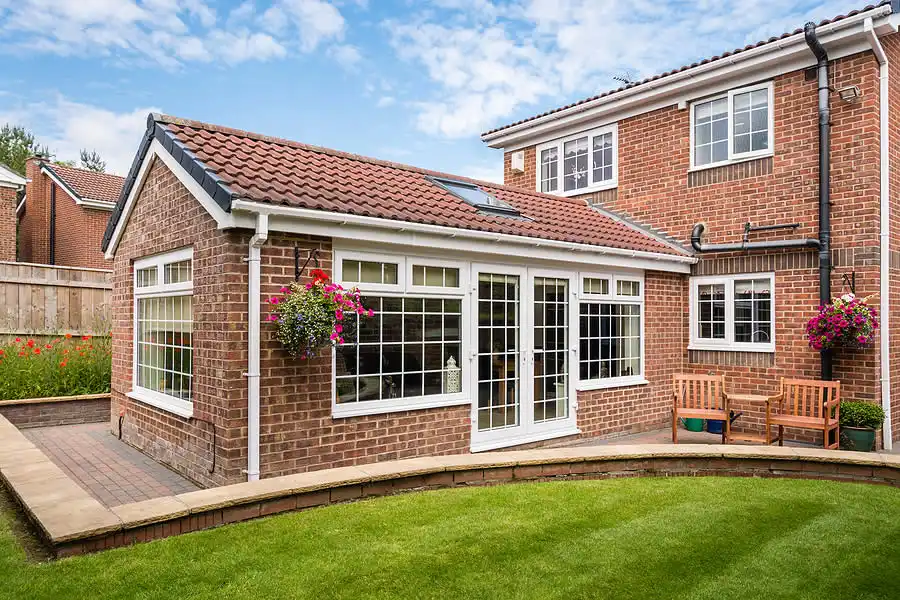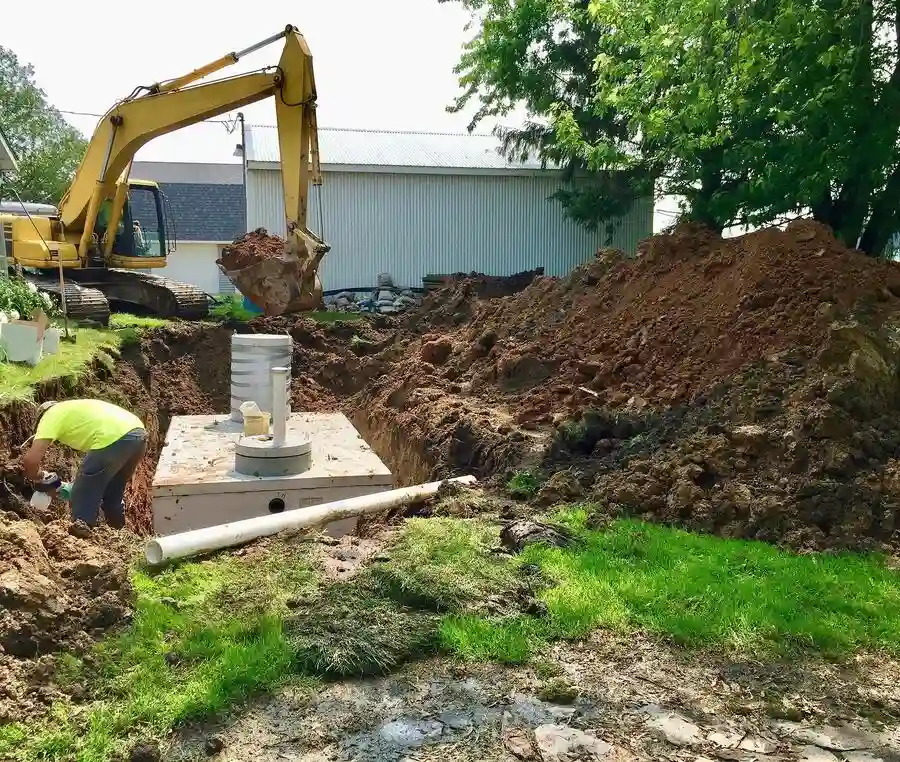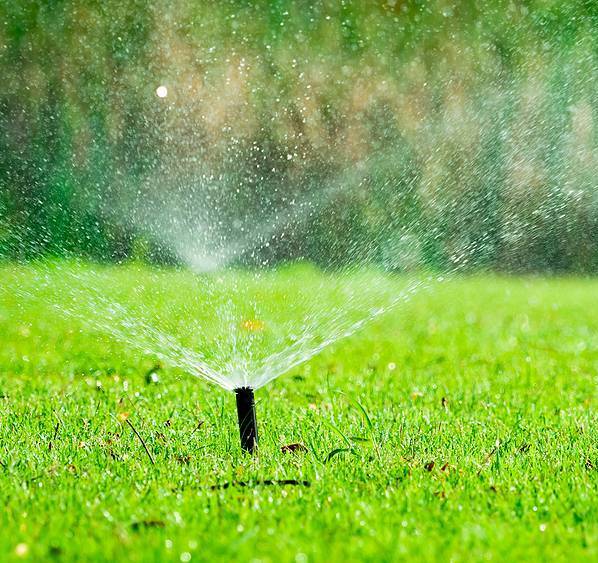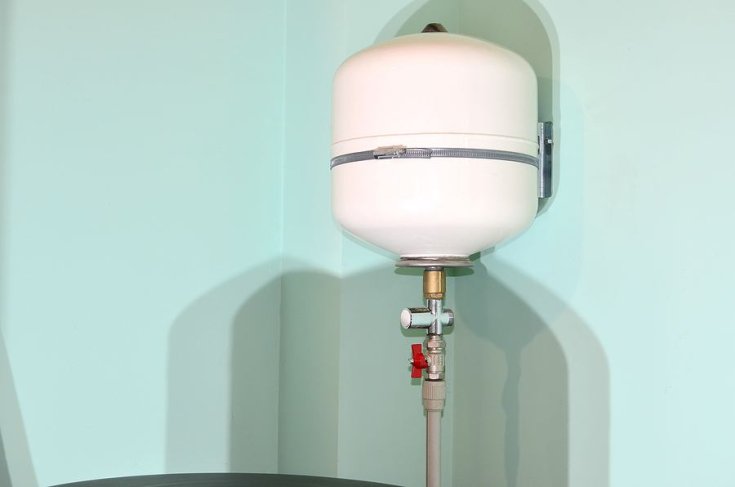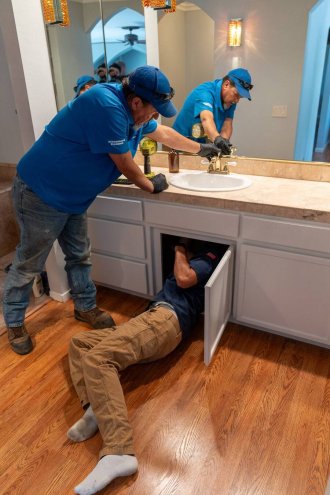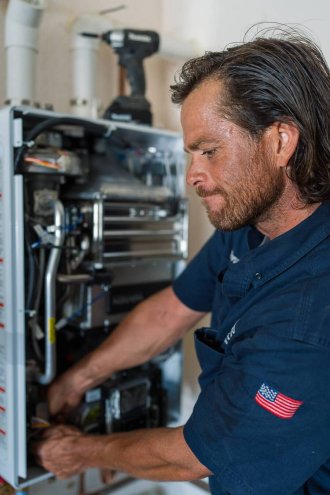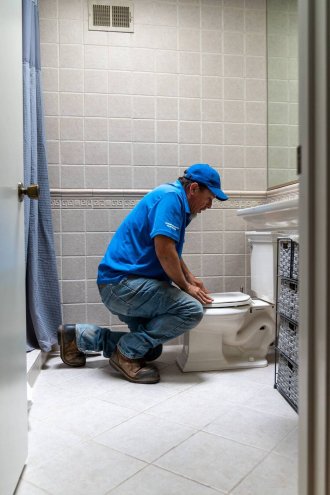Jun 16, 2025 Hard water is a nuisance that eventually wears out your home from the inside. It shortens the life of appliances, leaves mineral buildup on faucets, and makes soap feel like it never rinses off your skin. If you’ve ever had to rewash dishes that came out of the dishwasher still spotty or replace a water heater sooner than expected, you’ve probably dealt with the effects of hard water. Acknowledge Plumbing can help. A simple water softener can change the way a household runs. If you’ve been noticing signs of hard water around your home, keep reading to learn how these systems work, what they do, and why they’re worth considering for your household.
The Real Problem with Hard Water
Most tap water contains dissolved minerals, especially calcium and magnesium. That’s not necessarily dangerous, but it can cause issues over time. These minerals don’t evaporate or wash away easily. They stay behind on surfaces and inside pipes and form scale. Eventually, the buildup reduces water pressure, wears out your water heater, and clogs fixtures. If your showers leave you feeling sticky instead of clean, your laundry comes out stiff, or your coffee maker keeps breaking down, hard water might be to blame. These are all early signs that the mineral content in your water is too high. Unfortunately, these problems don’t fix themselves. Left alone, they can lead to expensive plumbing repairs or appliance replacements. A water softener is a solution that protects your home’s entire plumbing system.
How a Water Softener Works
Inside a water softener, there’s a tank filled with tiny resin beads that have a negative charge, and they’re coated with sodium or potassium ions. Hard water passes over these beads, and the calcium and magnesium ions in the water, which are both positively charged, stick to the beads. At the same time, the beads release their sodium or potassium ions into the water. The exchange removes the hard minerals from your water and replaces them with ones that won’t cause buildup. The result is softer water that’s gentler on your skin, appliances, and plumbing system. Once the beads get full of hardness minerals, the system flushes them with a saltwater solution from a separate tank. This rinses the minerals away and recharges the beads so they can keep softening your water. It’s a continuous cycle that runs automatically once the system is set up. Most homeowners don’t have to do much besides keeping the salt tank filled. If you're considering a water softener installation, it's helpful to know that upkeep is minimal once it's in place.
Backflow happens when contaminated water from outside your pipes reverses direction and…
Read More Water leaks, whether apparent or hidden, are a homeowner's nightmare. They can…
Read More When expanding your living space with an Accessory Dwelling Unit or a…
Read More From unexpected backups to soggy lawns, the signs of a failing septic…
Read More Do you want to keep your lawn and garden lush and vibrant,…
Read More Our Services
Acknowledge Plumbing provides 24-hour residential and commercial plumbing repair & installation services in Sacramento County and all surrounding areas. Call our office now to schedule a nearby plumber.
The Benefits You’ll Notice Right Away
One of the first things people notice after installing a water softener is how much better showers feel. Soap lathers easily, rinses off cleanly, and your skin doesn’t feel tight or dry. The difference in laundry is another big one. Clothes come out cleaner and softer. You might find you need less detergent. There’s also the effect on appliances. Your water heater will last longer because it’s not dealing with mineral scale. Faucets stay clean. Dishwashers and washing machines perform better. Your coffee and tea can taste cleaner too, depending on how hard your water was before. Most importantly, softened water helps extend the life of your home’s plumbing. If you’ve had to call a professional more than once in the past year for clogs or appliance issues, hard water might be the underlying cause. A water softener can prevent those calls in the future by fixing the root problem. Homes with water-softening systems also tend to retain better resale value in areas where hard water is common, so it’s worth the investment.
What to Expect from Your Installation
If you're interested in installing a water softener, the first step is to test your water. Many plumbers or hardware stores offer water hardness test kits. If your water is over 7 grains per gallon, it’s considered hard. Over 10 gpg, and you’re definitely going to feel the difference a softener makes. The next step is to talk to a local plumber who offers water softener installation. Not every system is right for every home. Your water usage, number of people in your household, and the layout of your plumbing all factor into which model is the best fit. During installation, the system is usually connected where the water line enters your home. That way, all the water flowing through your pipes is treated. The whole process often takes just a few hours, depending on the complexity of your plumbing setup. Ongoing maintenance is simple. Most systems only need salt refills every few weeks to a couple of months, depending on how much water you use. You’ll also want to have the system checked once a year as part of your regular plumbing maintenance.
Should You Invest in a Water Softener?
If you’ve made it this far, you probably already know whether your home needs one. The signs of hard water are hard to ignore. It’s especially worth considering if:
- You’ve recently replaced a water heater.
- You see white buildup on faucets or dishes.
- You’ve had to call a plumber in Rancho Cordova for scale-related issues.
- You’re moving into a home with well water.
If you’re already planning a plumbing repair service for another issue, it’s a good time to bring up water quality with your technician. A reputable plumber will be able to walk you through your options and help you decide if water softener installation is the right next step.
Do You Have Hard Water?
If hard water is taking a toll on your appliances or your comfort, call Acknowledge Plumbing. We’re here to help you understand your plumbing system and make decisions that keep your home running for years. We offer full-service water softener installation, maintenance, and plumbing repair service that’s done right the first time. Contact us today to schedule an appointment.

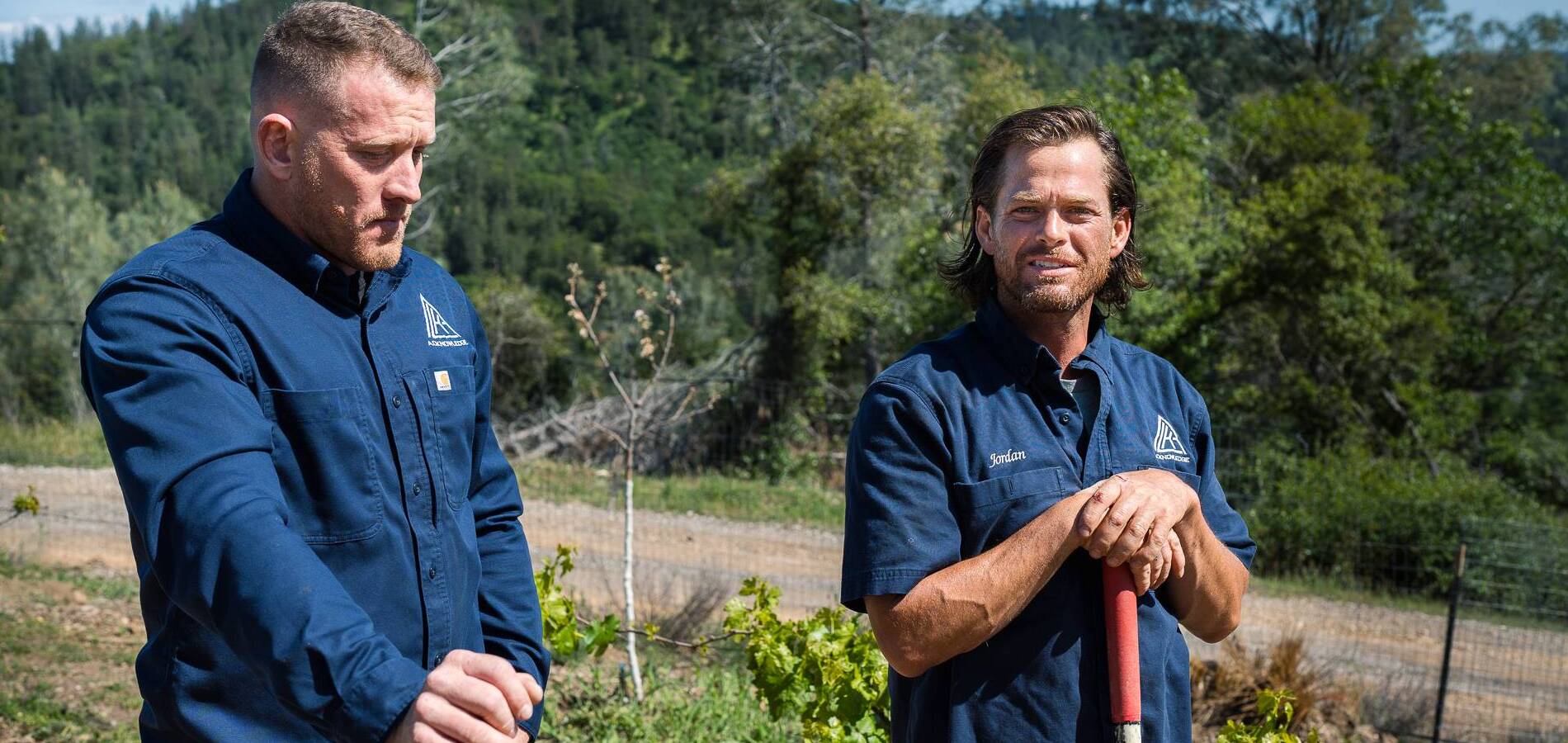
.webp)
